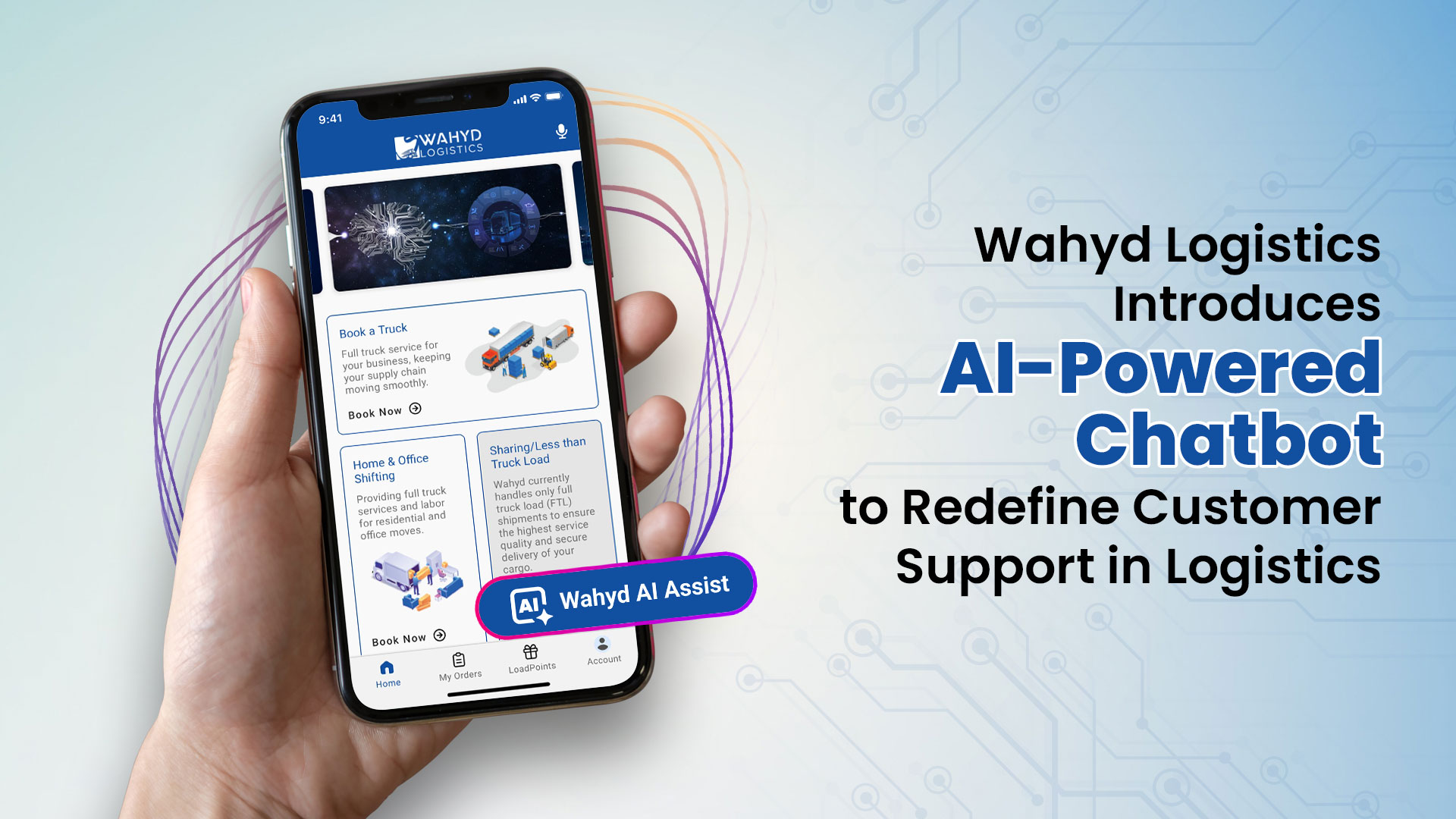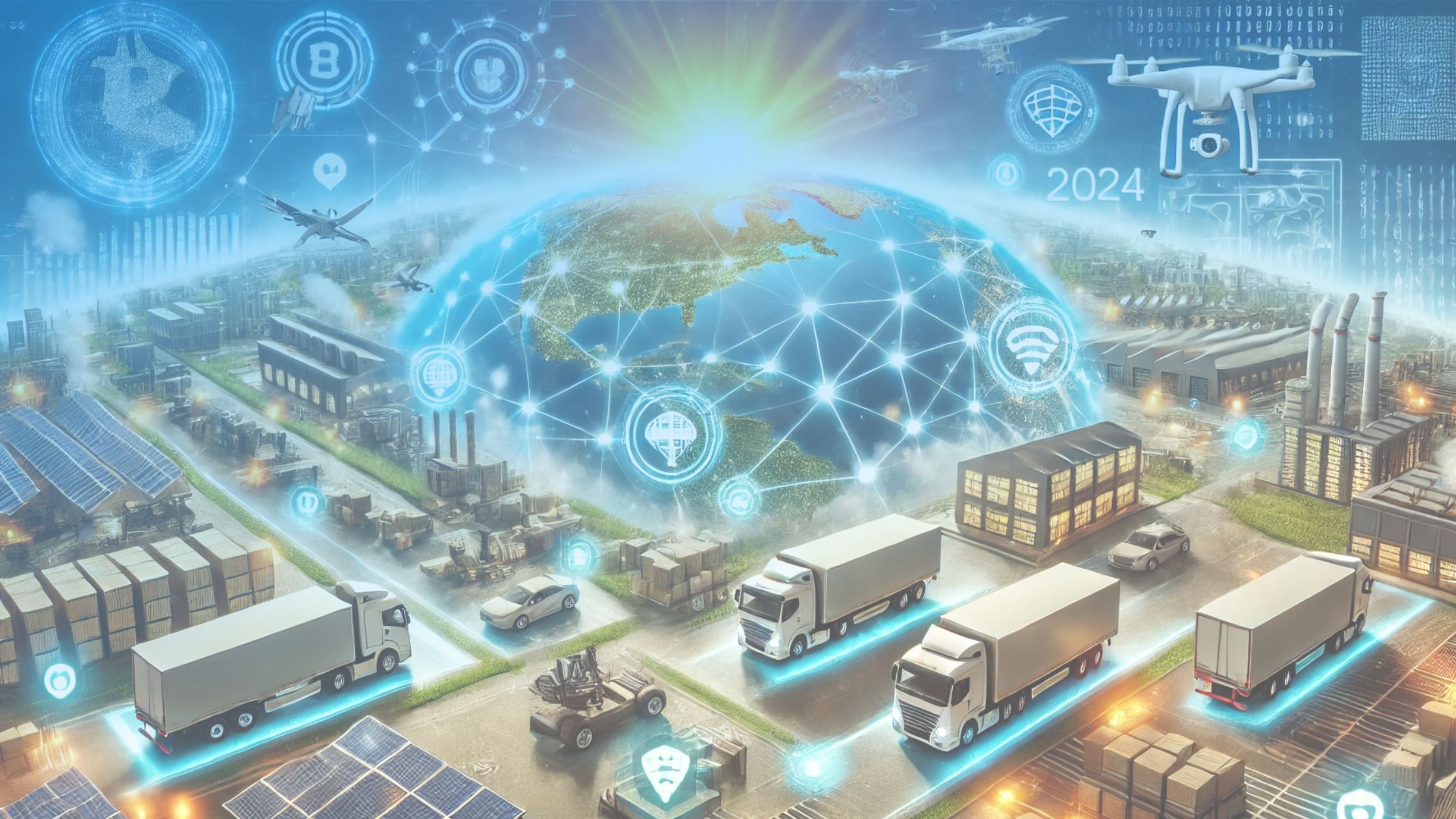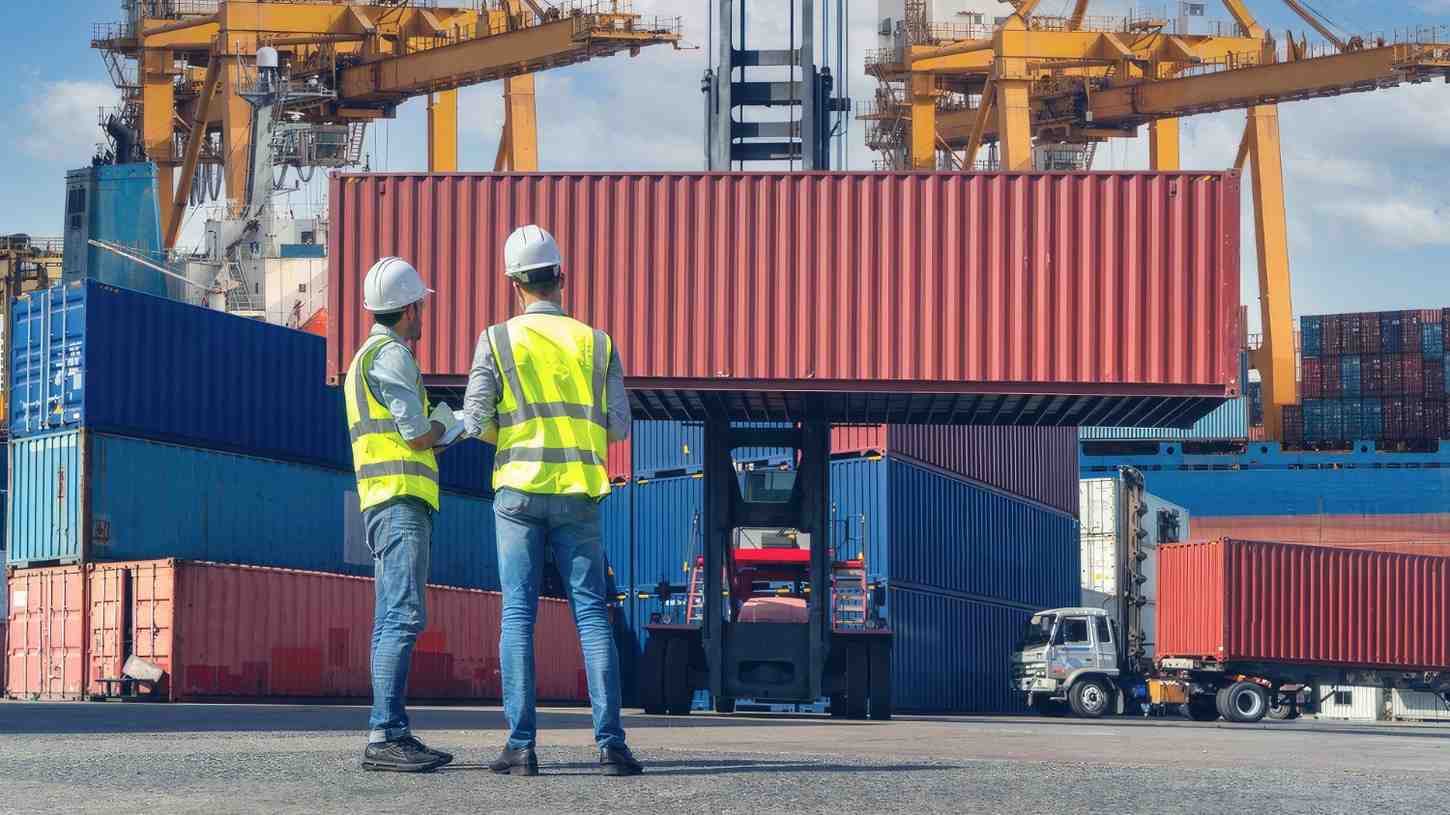
Living in times when the world’s business environment is fast—logistics, the art, and science of handling the flow of goods and services from point of origin to consumption, literally served as the backbone of economies. The sector that was before known for labor-intensive manual processes and many paperwork loads has completely transformed with the introduction of modern technology. The change modernized operations and even brought more aspects of efficiency and reliability in supply chains. To shed more light on the role of technology in modern logistics, it is important to consider the landscape wherein innovation causes progress and forces the remodeling of business operations and models already serving consumers.
The Evolution of Logistics Technology
Historical Perspective on Logistics Management
Logistics, which originated in military strategy, had been used for centuries to ensure the effective movement of troops and supplies. However, its application in a business setting gained traction with the introduction of the Industrial Revolution, specifically railroads and steamships, allowing for speedier product movement. Containerization was a groundbreaking concept in logistics during the twentieth century, allowing for more effectiveness, safety, and ease of trade around the world.
Key Technological Milestones That Have Shaped Modern Logistics
The digital revolution in logistics is among the most recent and quite influential eras. Computers and the internet have emerged within the. Later, the invention and advancement in GPS technology, and later in RFID (Radio Frequency Identification) technology, brought with them tremendous revolutionism in inventory management, where they offered 100% visibility and accuracy. These were the modern, advanced, tech-based logistics ecosystem building blocks observed today.
Current Technological Innovations in Logistics
Automation and Robotics in Warehouses and Sorting Centers
The inclusion of automation and robotics in logistics has revolutionized the functioning of warehouses. The revolution in efficiency for the picking and placing of goods, requiring less human resources and fast processing, has come with the entry of AGVs and robotic picking systems. Smart warehouses, equipped with AI-driven robots, could work day and night, and, therefore, with better precision, increase the fulfillment of orders.
The Use of IoT (Internet of Things) for Tracking and Inventory Management
IoT technology has transformed tracking and inventory management into a seamless, real-time process. Sensors and smart tags provide continuous visibility into the location and condition of goods, from departure to delivery. This connectivity allows for proactive management of inventories, reducing overstock and out-of-stock situations, and enhancing the overall supply chain flexibility.
Advances in Transportation Technologies
Meanwhile, driverless cars, drones, and other transport advancements could be game-changers for delivery. Driverless trucks are now being trialed in a few places; they could revolutionize the long-distance hauling of cargoes from human error to efficiency. It is therefore not surprising that the use of drones is increasingly becoming a practical alternative to facilitating last-mile deliveries, especially in remote or hard-to-reach areas, all in line with cost and time reduction.
Big Data and Analytics for Logistics Optimization
Today, big data and analytics are playing a giant role in the optimization of logistics operations. Such an analysis of massive data from various resources will allow a logistics company to forecast demands for the effective optimization of routes and efficient resource management. Therefore, The above predictive capability allows for more informed decision-making and will cut delays and transportation costs.
Benefits of Technology in Logistics
Improved Efficiency and Speed of Delivery
Now, these logistics, supported as they are by technological changes like optimized routing and automation, can deliver faster in their operations and quicken the turnaround times. On the other hand, optimized routing and automation reduce cases of lateness, thus meeting the expectations of consumers over the provision of fast and reliable services.
Enhanced Accuracy and Reduction in Errors
Advanced tracking and automation systems are installed to ensure there are no human errors. These are put in place so that orders are not only processed and picked but delivered most accurately. This accuracy is very important since it allows customer confidence and decreases the cost of returns and changes.
Cost Savings Through Optimized Routes and Inventory Management
Technology-driven route optimization and inventory management lead to significant cost savings. By ensuring vehicles take the most efficient routes and inventories are kept at optimal levels, companies can reduce fuel costs and minimize wastage, respectively.
Better Customer Satisfaction Through Improved Reliability and Transparency
Technology enhances the transparency of the logistics process, offering customers real-time updates on their orders. This visibility, coupled with the reliability of services, significantly improves customer satisfaction and loyalty.
Challenges and Considerations
Cybersecurity Risks and the Need for Robust Protection
The more digital-dependent logistics companies, the greater the risk to their operations from cyberattacks. Secure integrity against these threats will require massive investments, not only in data systems but also in operational systems that should be safely guarded with proper security.
Initial Costs and Training Requirements for New Technologies
The entry cost for such solutions is quite high, as they require investment in the procurement of equipment, software, and training of the staff on the latest technologies. The greatest challenge that faces most small and medium enterprises is that the cost is very prohibitive. Given this, therefore, such entities require affordable and scalable technologies.
Regulatory and Ethical Considerations, Especially with Autonomous Transport
The deployment of autonomous vehicles and drones in the workforce evokes several regulatory and ethical questions, and it is quite evident that legislation needs to catch up with these questions relating to safety standards, issues of liability, and privacy concerns. Again, such considerations and ethical strategies should be given to workforce transition given job displacements by automation.
The Future of Logistics Technology
Predictions for the Next Wave of Innovations in Logistics
The future is interesting: advanced AI algorithms will further help in the optimization of the supply chain for more adaptation to changes in the market condition. Blockchain technology promises to increase transparency and security in transactions, something that might revolutionize trust within the supply chain.
Potential Impact on the Global Supply Chain and Economy
These technologies will also further globalize the supply chain in the aspect of easily communicating and collaborating with companies all over the world. Smaller delivery times and low delivery costs might increase the competition in markets for consumers. However, at the same time, it calls upon the necessity for the industry and workers to fit in the changed environment concerning digital literacy and a flexible workforce.
Wahyd Logistics: A Modern Logistics Solution
Wahyd Logistics is a modern logistics solution transforming the industry with innovative features and functionalities. It offers end-to-end solutions for businesses of all sizes, from small startups to large enterprises.
One of Wahyd Logistics’ notable features is its cloud-based platform, which allows users to access their logistics data anywhere. This feature promotes efficient collaboration between team members and enhances transparency throughout the supply chain.
The software also provides real-time tracking, enabling users to monitor shipments in transit and receive alerts on potential delays or disruptions. This information ensures timely delivery of goods to customers and enables businesses to make informed decisions based on accurate data.
Additionally, Wahyd Logistics offers automated invoicing and billing processes, reducing manual labor costs while increasing accuracy in financial transactions. The system integrates seamlessly with existing ERP systems, making it easier for companies to manage their entire business operations in one place.
Conclusion
Technology has revolutionized the logistics industry in once unimaginable ways. With innovative solutions like Wahyd Logistics, modern logistics management is becoming more efficient and effective. By leveraging the power of automation, data analytics, machine learning, and other intelligent technologies, businesses can streamline their supply chain operations to reduce costs while improving customer satisfaction.
To learn more about “Wahyd Logistics”, or to book your truck today, visit https://wahydlogistics.com/ or contact us at info@wahyd.com






